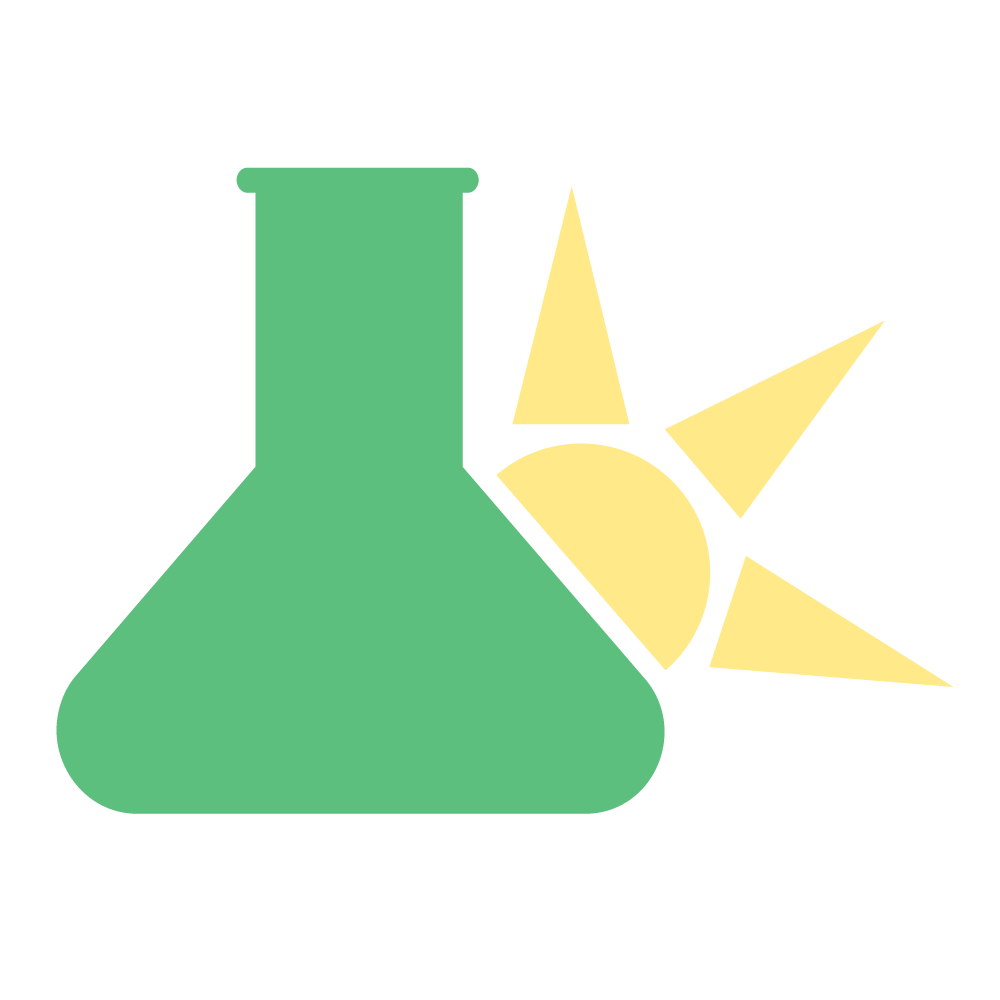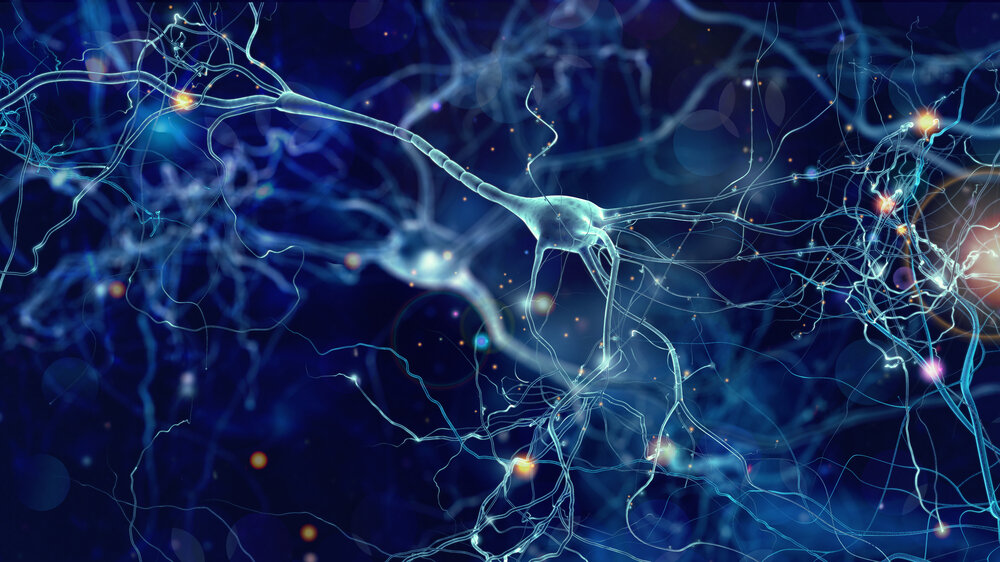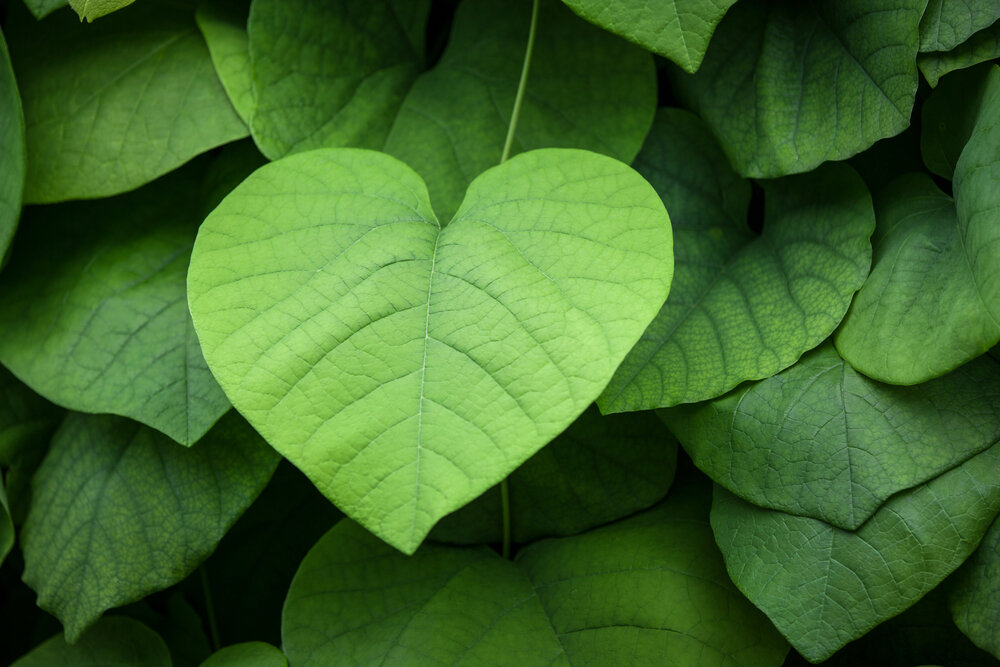Have you ever felt like some days your concentration just isn't there? Those times when you're trying to study or finish some work but just can't stay on task or focus. Fortunately a few plants offer us some ways of helping with those all too familiar problems. Here are a few examples:
Gotu kola (Centella asiatica)
Gotu kola originates from India, Madagascar, and Sri Lanka, and has a long history of use there for its ability to improve focus and concentration. Monks used to use it to improve their focus during long hours of meditation. But you don't have to be a monk to reap the benefits of this herb. Gotu kola contains compounds that improve and tone the blood vessels, which then supports both blood pressure, and proper brain function. It is fairly well known as a favorite food for elephants, which have been reported to have incredible memories.
Passionflower (Passiflora spp.)
Passionflower leaves and stems are used most commonly for stress and anxiety, but the way it works for these conditions have a direct connection to concentration and our ability to stay on task. By lowering oxidative stress in the hippocampus of the brain, and promoting general relaxation of the muscles in the body, you will become less tense and your mind will settle down enough to focus and stay on task for longer periods of time. Passionflower is a great study aid for this reason. You can get yours here.
Ginseng (Panax quinquefolium)
Ginseng has long been used to increase stamina and energy worldwide. It increases focus for those who consume it. Many students choose to simply chew on a piece of ginseng while they study, to slowly release its constituents over a period of time to aid their concentration and productivity.
Lion's mane mushroom (Hericium erinaceus)
This fungus is absolutely amazing. It is one of the few substances that stimulates nerve growth factor (NGF) in the brain. This is significant because this peptide strengthens and improves the neurons of the brain. These neurons are responsible for transmission and have a direct link to mental capacity, intelligence, and focus. This mushroom is best taken as a concentrated supplement, or raw but must be eaten in large quantities when raw to achieve these effects, and should be consumed over a large period of time. You can find it as a powder or a tincture (alcohol extraction).
Catuaba (Trichilia catigua)
Catuaba is actually the common name for multiple unrelated species of Amazonian trees. In this context, I am referring to Trichilia catigua. This herb has well documented dopaminergic actions, which means it is able to tone and support our normal production and use of dopamine in the brain. This neurotransmitter is necessary for all kinds of functions within the body, but especially with nerve transmission which then significantly affects productivity, creativity, and concentration. It is also involved with our pleasure-reward system and allows us to have feelings of enjoyment and euphoria. Having low dopamine, or poorly functioning dopamine receptors or low production will result in a low libido, procrastination, reliance on stimulants (for example caffeine), and can also result in mild to severe depression. Catuaba (Trichilia catigua) is a great herb to take, and has many uses but the greatest use of this herb likely involves its ability to modulate the dopamine system.
You can find Catuaba here.
Ginkgo biloba
Ginkgo biloba is a very well studied herb, and has a long history of use, mainly in the orient and India. This herb works through increasing levels of dopamine in the brain, as well as acetylcholine (another neurotransmitter). Traditional use of this plant was mainly to improve circulation to the brain, which ultimately resulted in a higher libido, decrease in depression and anxiety, and an increase in concentration and productivity. These actions are likely occurring from Ginkgos ability to lower the viscosity of blood (through platelet modulation), and improve blood flow to the brain (through vasodilation), but also offers protective benefit to the brain through its powerful antioxidant effects. All of these effects combine to make gingko one of the best for overall brain health and concentration.
Guarana (Paullinia cupana)
Guarana is a fairly well-known seed from the Amazon rainforest, that contains more caffeine by weight than the coffee bean. It also contains theobromine, and theophylline, which are alkaloids very similar to caffeine, but have been found to combat many of the negative side effects caffeine has included with its benefits. Guarana can be taken to stimulate the mind, and significantly improve brain function for a short amount of time (2-3 hours). It is increasingly being regarded by herbal professionals as an adaptogen, and there have been multiple studies investigating the long-term benefits from taking this herb on a daily basis. One study, for example, found that long-term administration of guarana was able to reverse scopolamine-induced cognitive deficits in mice (Adriana Basile et al., 2005). These long-term effects were suggested to be due to the saponin and tannin content rather than the short term stimulant caffeine.
Meditation:
This one is clearly not a herb, however, there have been countless studies, and case studies showing the incredible benefits meditation has on concentration, creativity, memory, and intelligence. Even as little as 15 minutes of meditation a day can have a significant improvement in brain function and concentration.
Justin Cooke
The Sunlight Experiment
Reference:
Adriana Basile, Lydia Ferrara, Marisa Del Pezzo, Guido Mele, Sergio Sorbo, Paola Bassi, Domenico Montesano. (2005). Antibacterial and antioxidant activities of ethanol extract from Paullinia cupana Mart. Journal of Ethnopharmacology. Vol 102. 32-36.
Cooke, Justin (2015). Guarana monograph TSE.
Cooke, Justin (2015). Passionflower monograph TSE.
Cooke, Justin (2015). Catuaba Monograph TSE.

















